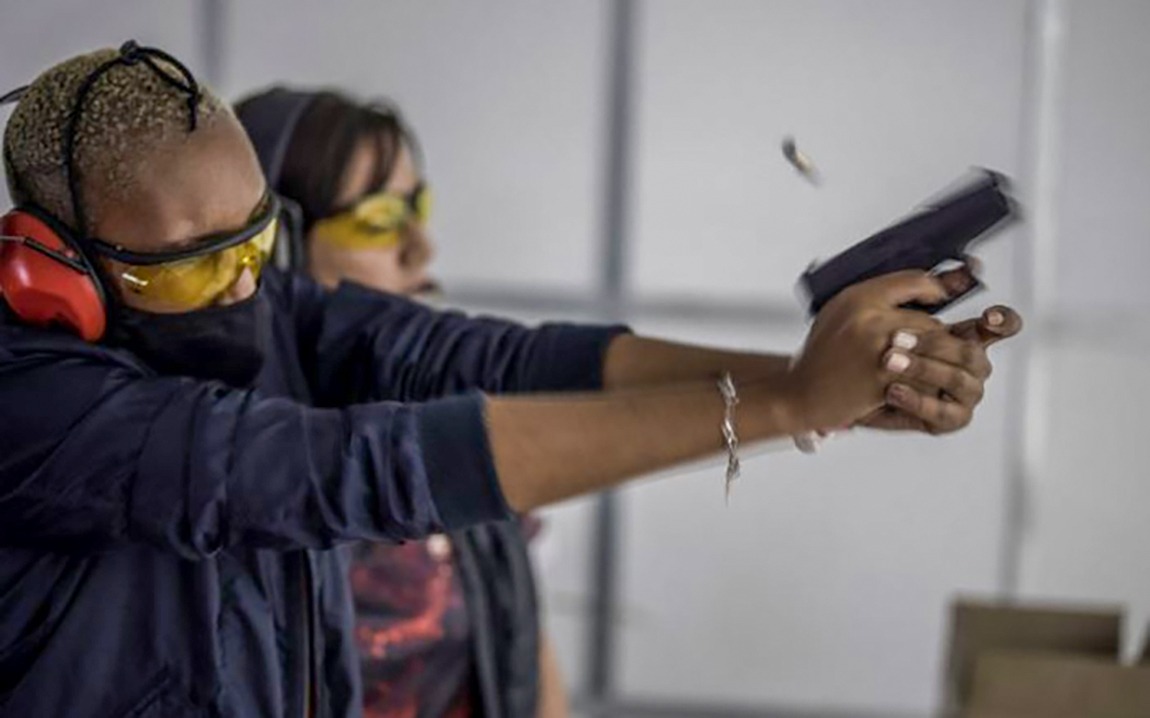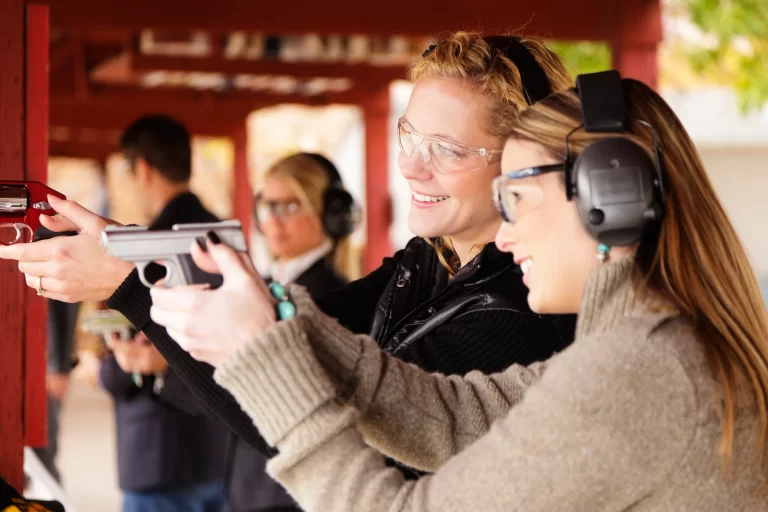The Firearms Control Amendment Bill, which began its passage into law earlier this year, will remove South Africans’ ability to licence a firearm for self-defence. Because of its restrictions on private security companies, the Bill will also render this industry impotent, unable to provide meaningful protection. All South Africans will be utterly dependent on the police for their safety and security unless they are willing to become criminals themselves.
South Africa is indisputably one of the most violent societies in the world.
In the 2019/2020 reporting year, 21 325 cases of murder, 42 289 cases of rape, 166 720 cases of serious assault, and 143 990 cases of violent robbery were recorded.
The South African Police Service (SAPS) is severely under-capacitated, dysfunctional in many ways, and cannot make a meaningful change in the unacceptably high crime levels. There is also no clear plan to get policing back on track, with billions in budget cuts planned over the next three years likely to make the situation worse, not better.
The possibility of the Bill becoming law should concern every South African, whether they own a gun or not. However, while much has been written on the moral, legal, and socioeconomic issues inherent in the Bill, it seems no one has adequately considered how the legislation will be practically implemented. What will disarming legal, self-defence firearm owners in South Africa actually look like?
READ | Guy Lamb: Gun control in South Africa: Tightening the law and more
According to the latest available estimates, there are 5,4 million civilian-held legal and illicit firearms in South Africa. Of these, approximately 3 million (56%) are legally licenced, to just under 2 million owners. When the Act comes into force, these legal firearm owners will be forced to choose: hold on to their firearms and become criminals or surrender their firearms to the police for destruction as part of an amnesty programme.
South Africans, especially those in rural areas, believe (for a good reason) that owning a firearm for self-defence is a matter of life and death. Considering that SAPS is unlikely to undergo a serious overhaul overnight and effective private security will now be unavailable, owning a firearm will not cease to be a matter of life and death when the Act comes into force. Many peace-loving South Africans will make the difficult choice to continue protecting themselves from violent crime with a firearm, even though they will themselves be committing a criminal act.
Gun Free South Africa, a small but vocal group, have been the main driving force behind civilian disarmament in the country. They argue that if there are fewer legal guns, there will be fewer illegal guns too; we will all be better off just relying on the police for protection. This might sound appealing in theory, but it simply does not accord to the reality in South Africa.



